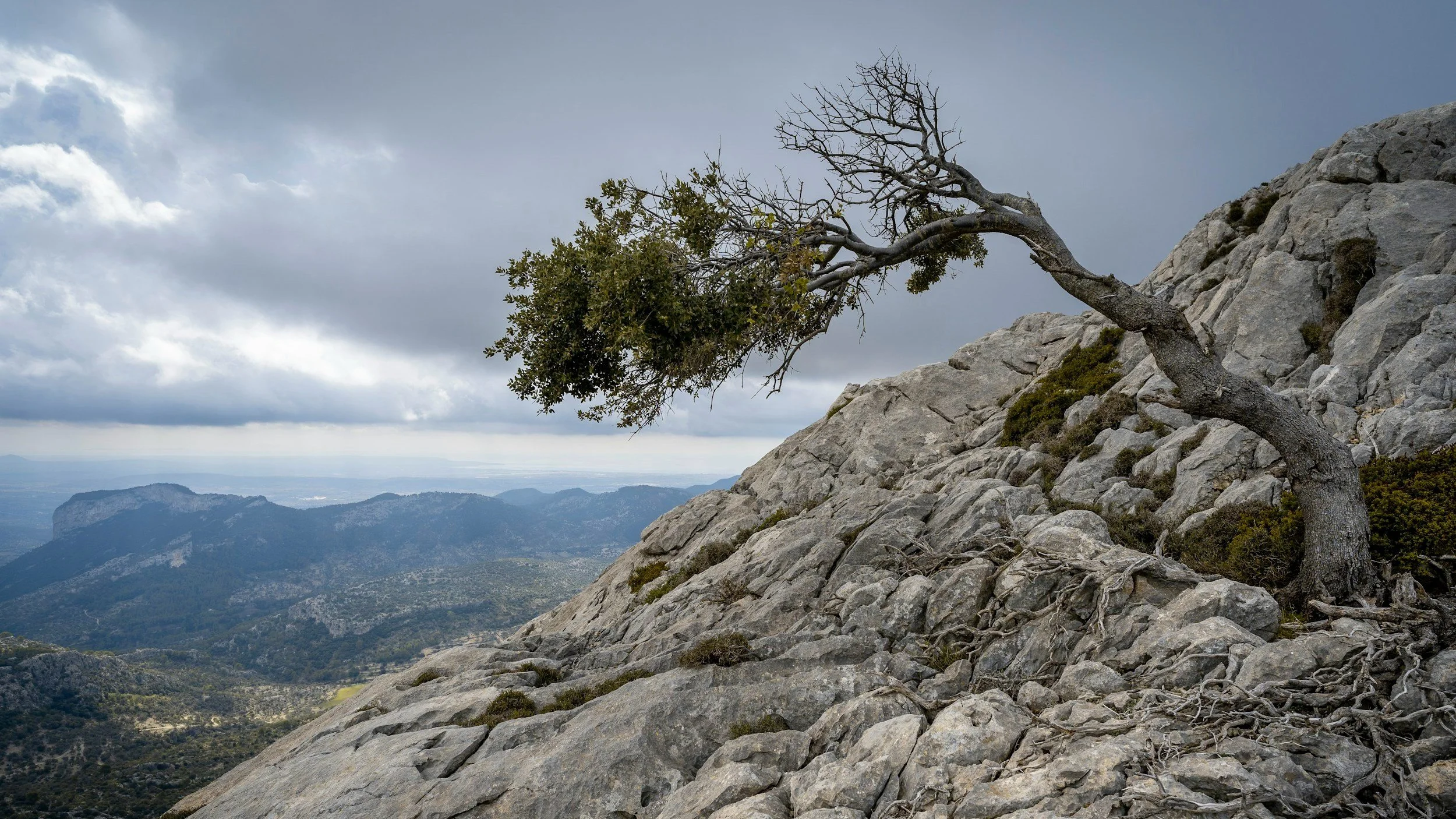Resilience is built, not born
In our UNBLOCK Yourself program, we ask everyone to dig into how resilient they really are. We start here because being intentional means doing hard things. And doing hard things takes resilience.
Resilience is not a trait you either have or don’t. It’s a skill, and much like a muscle, it grows and strengthens with practice.
As part of this exercise, we ask UNBLOCKers to rate how much “practice” they’ve had being resilient in their lives. They then list, for their own reflection, five challenging experiences they have faced or are currently facing.
For those who rate themselves high, they quickly cite a wide range of experiences that have hardened them over the years. These include loss of loved ones, job loss, relocation, and many more.
For those who rate themselves low, we tend to ask more questions. Almost always, with deeper reflection, memories emerge of challenges that have been forgotten, overlooked, or set aside.
I am one of those people who, before 2020, would have rated myself low on this scale. My life had been pretty straightforward up to that point, and I had been fortunate to have many opportunities and a smooth path along the way.
So, after hearing the stories from our sessions, I imagined taking a time machine back to 2019 and evaluating how I would rate myself in this exercise. To my surprise, I quickly landed on three things that had been challenging for me to overcome:
In grade 3, my neighbour and best friend Chris, who I saw every day, moved to the other side of the country and was suddenly removed from my life.
In grade 7, I enrolled in a private school and was the new kid in a crowd of cliques. I was picked on and had to figure out how to fit in as an outsider for the first time in my life.
In my early twenties, I had roaring success in my first two years of selling, closing over one million dollars in deals. The following year, my performance collapsed. I battled crippling anxiety, struggled to eat, slept fewer than four hours a night, and had regular panic attacks where I’d sit on the floor and shake…alone. I’ve never shared that before.
Looking at just these three experiences helped me better understand how I survived what happened to me in 2020:
When my wife at the time, Allison, was diagnosed with brain cancer in February 2020 and passed away in June that same year.
When COVID forced me to shut out most of my friends and support systems, and spend over 40 days on the road with my three kids under the age of five.
When I led a team at work who had to figure out how to maintain and support a network of 200 customers in our fast-growing business.
The amazing thing about doing this inventory is that it allowed me to see how lucky I’d been to face those earlier challenges and build the resilience and skills I needed for what happened in 2020.
The tools I built, first unintentionally as a kid and later intentionally in my twenties, gave me what I needed to lean into that time. Instead of buckling, I was able to get through it. And in getting through it, I actually experienced GROWTH. I developed new skills and a new perspective, grounded in the proof I now had that I could do hard things. That evidence strengthened my resilience, which opened the door for more growth…and on the cycle goes.
We’re all capable of more than we can imagine, and it’s the experiences behind us that have prepared us for whatever is to come. BUT only when we step back and reflect on what we have overcome can we truly appreciate how the experiences we’ve had, the skills we’ve built, and the tools we’ve collected along the way have prepared us for future challenges. It also helps us see the skills and tools we’ve not yet built, and recognize where we still have room to grow.
This is all part of a virtuous cycle. Resilience is a prerequisite for growth, and growth is what creates and strengthens resilience.
That is why we start with resilience. Action leads to growth, and when we grow, we become more resilient, which creates the foundation for even more growth.
I’d like to invite you to try this part of the exercise for yourself. It only takes a few minutes but could profoundly shape how you think about taking on a new and potentially scary challenge. It goes like this:
Draw a horizontal line. On the left, write "Inexperienced." On the right, write "Battle-Tested."
Below the line, list five hard things you have faced and gotten through.
Now mark a spot on the line where you think you land on the scale.
Screenshot from one of the ‘Resilience’ exercises in our UNBLOCK Yourself program workbook.
Where you place the mark matters far less than what you write in those five spaces below the line. Each experience you name is a reminder: you have done hard things before. You can do them again.
And maybe—just maybe—you are more resilient than you think.
You are more ready than you realize.
Now it’s time to get to work.


